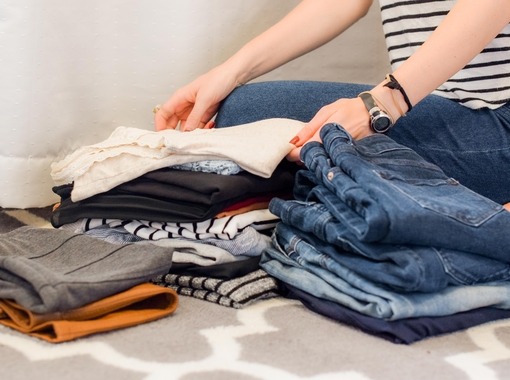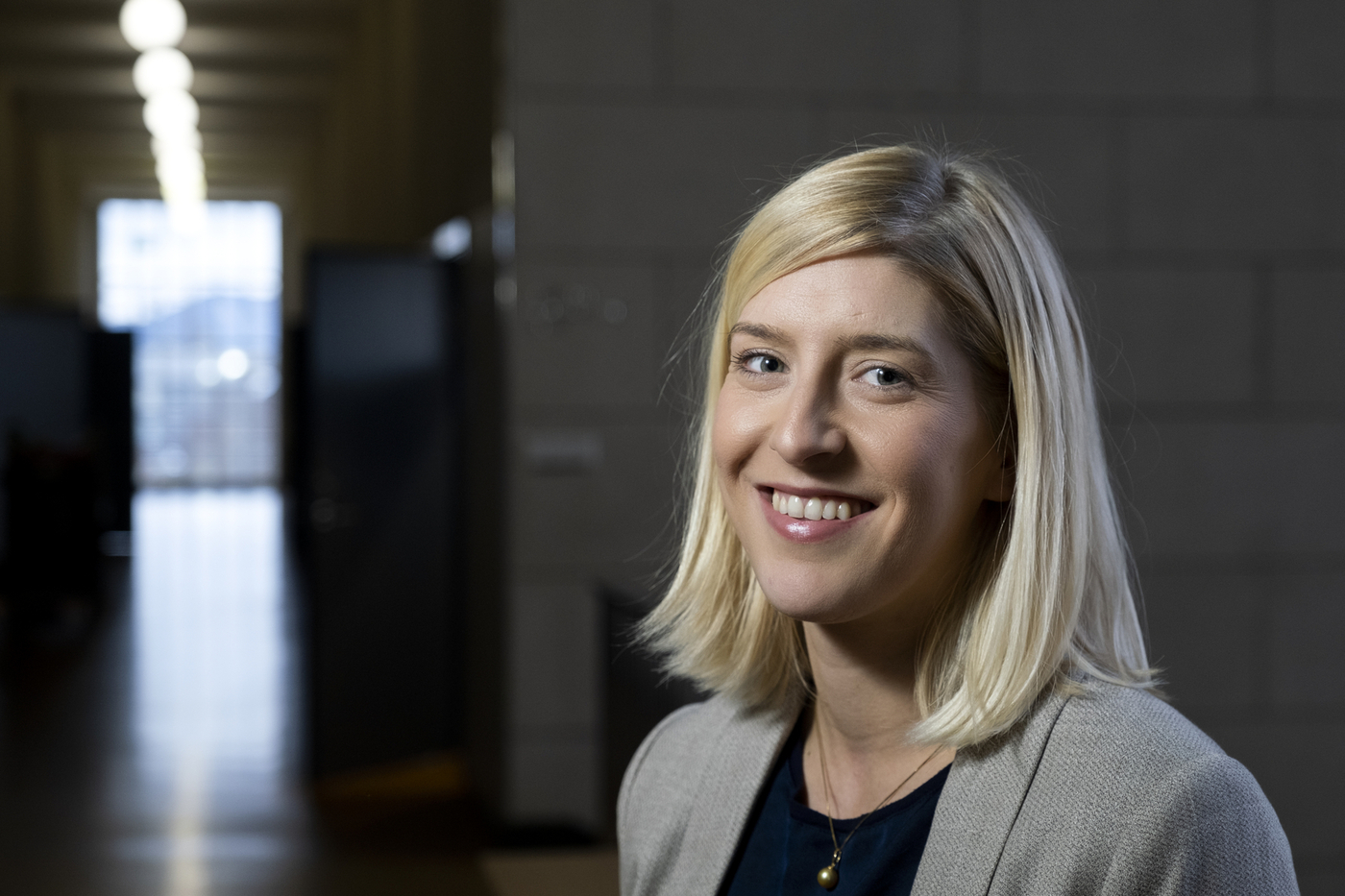"Who hasn't had an argument with their partner about who vacuums more often, gets the kids out of bed in the morning, or works too much outside the home? Such arguments can, obviously, cause temporary irritations or falling out in the relationship, but what is not as clear is what kind of division of chores provides most fulfilment," says Anna Guðrún Ragnarsdóttir, doctoral student in economics, who discussed her and her colleagues' research on the correlation between division of housework within the home and happiness in life at Þjóðarspegill conference on 28 October, the first study of its kind.
"The aim of the study is to increase our understanding of the connection between fulfilment and division of labour in the home with emphasis on gender," explains Anna and says the subject is particularly interesting in light of the many changes that have occurred on the division of labour between the genders inside the home globally in recent decades. "In stead of it being the role of women to do housework and the role of men to provide a salary in the work market, it has become increasingly more common that women and men do both equally."
Considering both housework and paid work
Anna Guðrún says there is remarkably little research on this connection, and those that do exists either focus on houswork, historically considered the woman's domain, or paid work, usually considered the role of men; but never both. "Thus I felt it was time to shed further light on the connection between fulfilment and the division of labour within the home and especially when considering the big picture. The study covers the main projects each home needs to tackle, both within the home and paid work," she says.
The study considers the connection between contentment and four factors:
(i) housework,
(ii) taking care of your own children,
iii) taking care of and maintaining properties, and
(iv) paid work, both with men and women.
"Our emphasis was on studying the relationship from both the individual contribution and their partner's," says Anna.
The study is based on data from Australian surveys conducted from 2001-2020. "The sample in the study comprises 84,410 observations and 6,020 married couples or partners," says Anna and stresses that Iceland and Australia are quite different when it comes the division of labour within the home and development of gender roles.
The findings show that the contentment of women has a positive correlation with their own contribution to housework but a negative one towards their partners' contribution. "This suggests that Australian women prefer doing housework themselves rather than their partners," says Anna. image/Sarah Brown/unsplash

Negative correlation between contentment and paid work
The research findings suggest that there is little or no correlation between men's contentment and the time they spend doing housework. "What is particularly interesting same findings come up when studying the time they spend taking care of their own children. Whether this suggests that time with their children has little or no impact on their contentment or whether their contentment has little impact on the time they spend with their children is, however, unclear," says Anna.
The findings show that the contentment of women has a positive correlation with their own contribution to housework but a negative one towards their partners' contribution. "This suggests that Australian women prefer doing housework themselves rather than their partners," says Anna.
It may come as a surprise to some that the correlation between paid work and contentment, for both men and women, is mostly negative. "This suggests that it is more common that individuals in Australia do not enjoy their jobs and do not want to work more hours," explains Anna.
When asked to speculate on what this means for the development of societies Anna points out that it is difficult to draw conclusions from one study. "However, the study is an input into the discussion in a field of great and decisive social changes that impact almost all individuals. It is important that this discussion is not only based on ideology but also on the basis of data and include the impact of the changes on the welfare of individuals and families."
Tinna Laufey Ásgeirsdóttir, professor of economics at the University of Iceland, Edward C. Norton, professor of economics at the University of Michigan, Paul McNamee, professor of economics at the University of Aberdeen, and Þórhildur Ólafsdóttir, PhD in economics from the University of Iceland, are also involved in the study.
When asked about the significance of the study Anna iterates that this is the first study of its kind, as far as they know, that includes the link between contentment and all major obligations in the home. It thus provides a better overview on the connection between happiness and division of housework than prior studies. The study creates new knowledge on how individual contentment changes with gendered division of housework and provides indications on whether current developments in equality matters lead to increased contentment."




